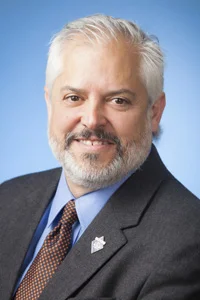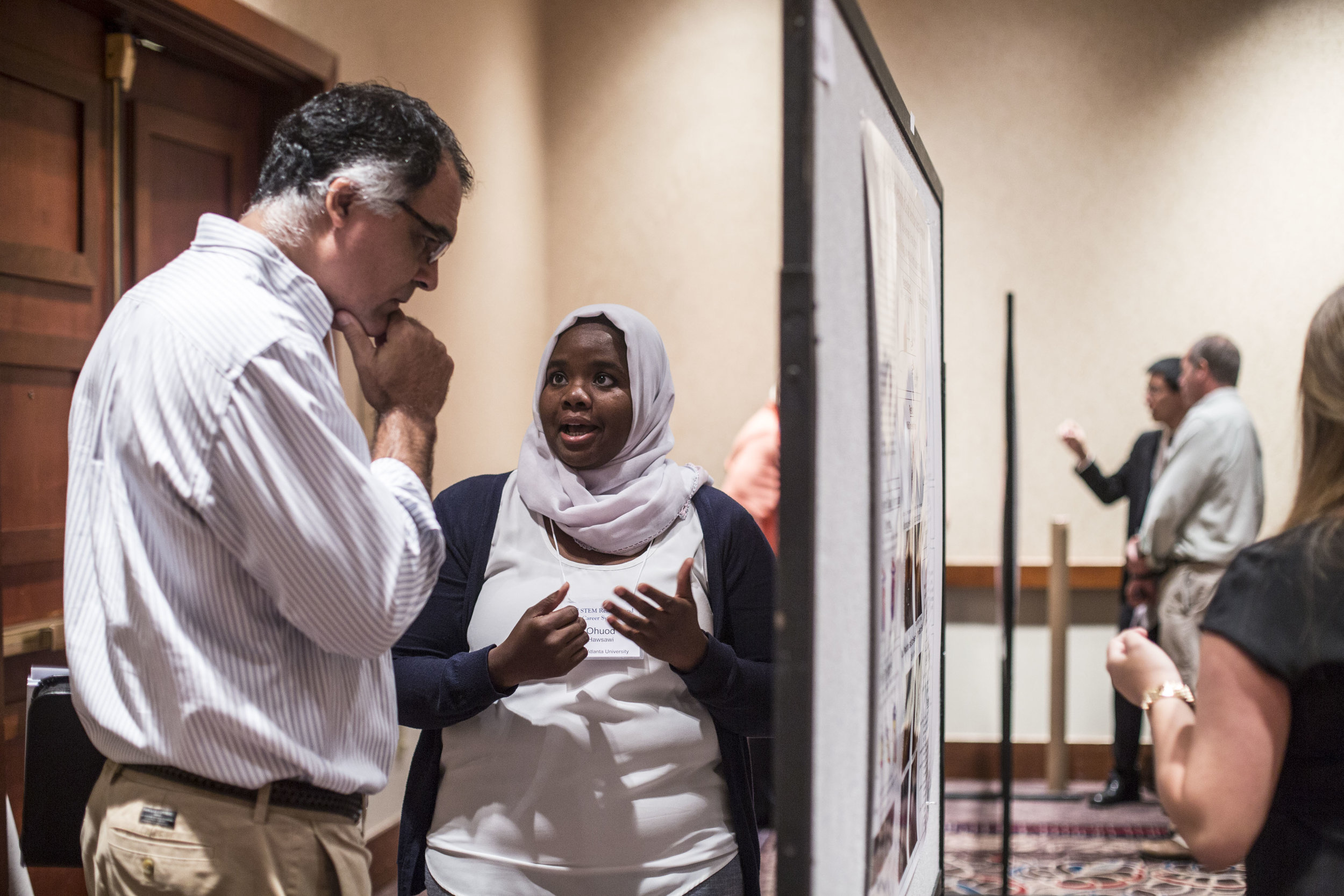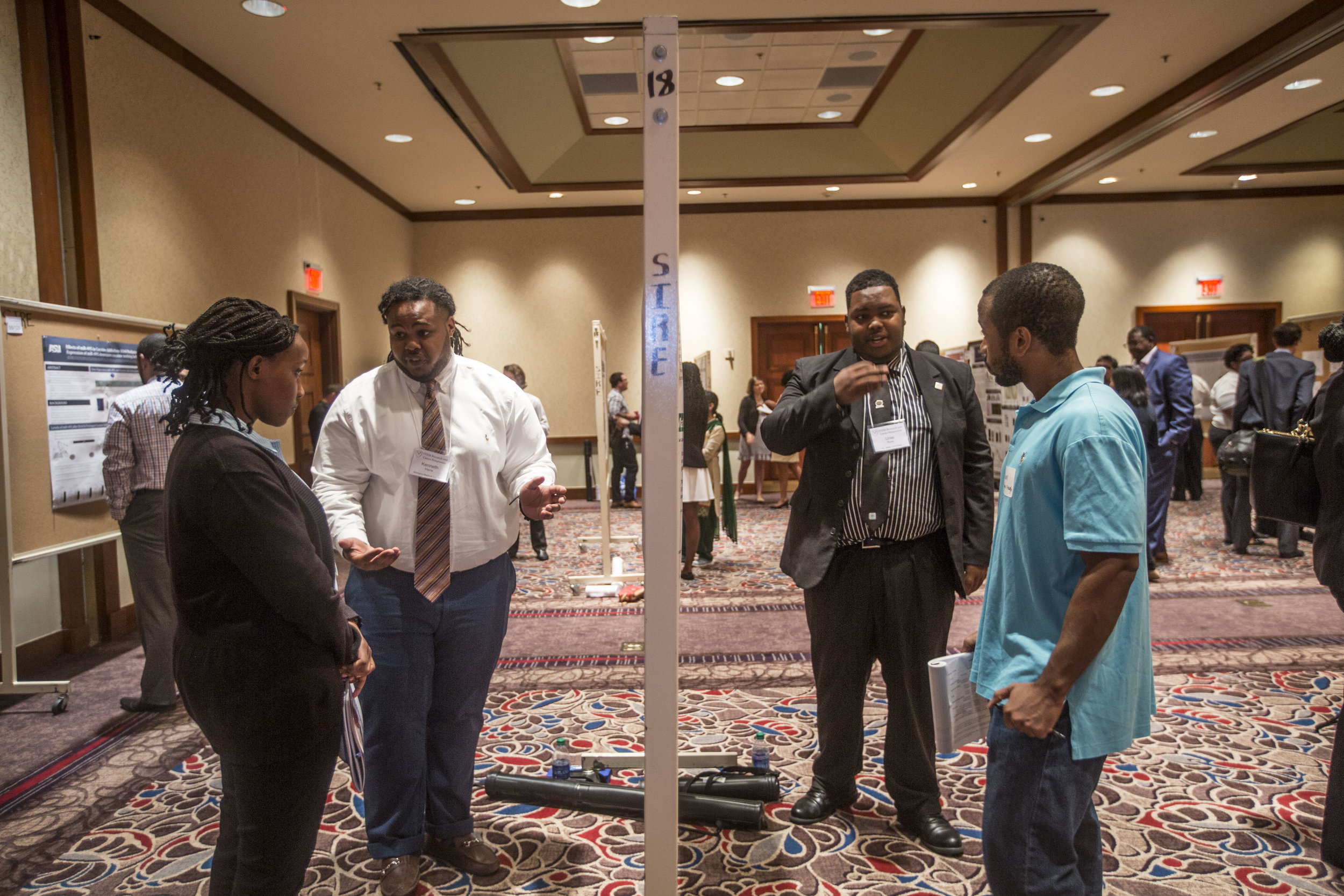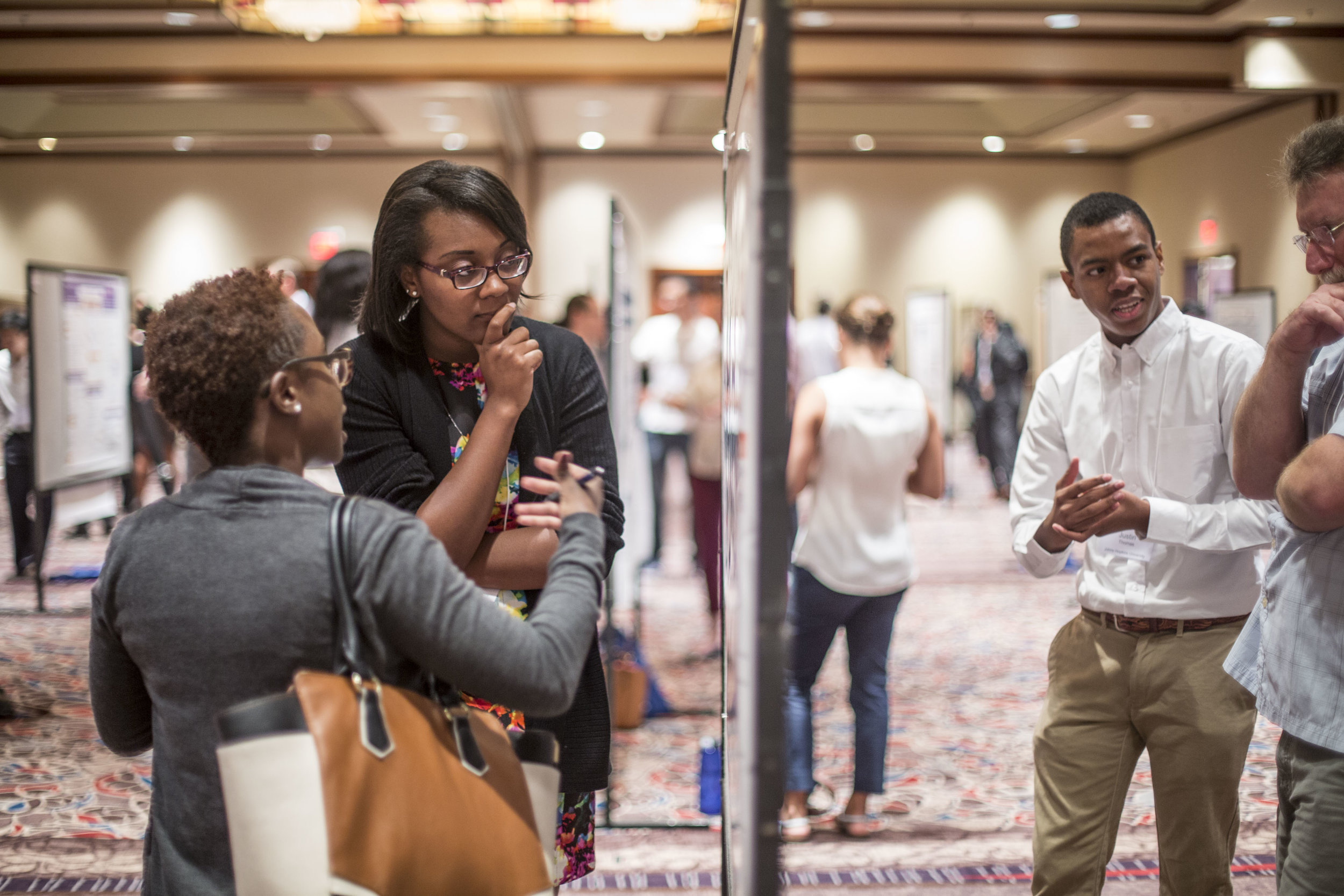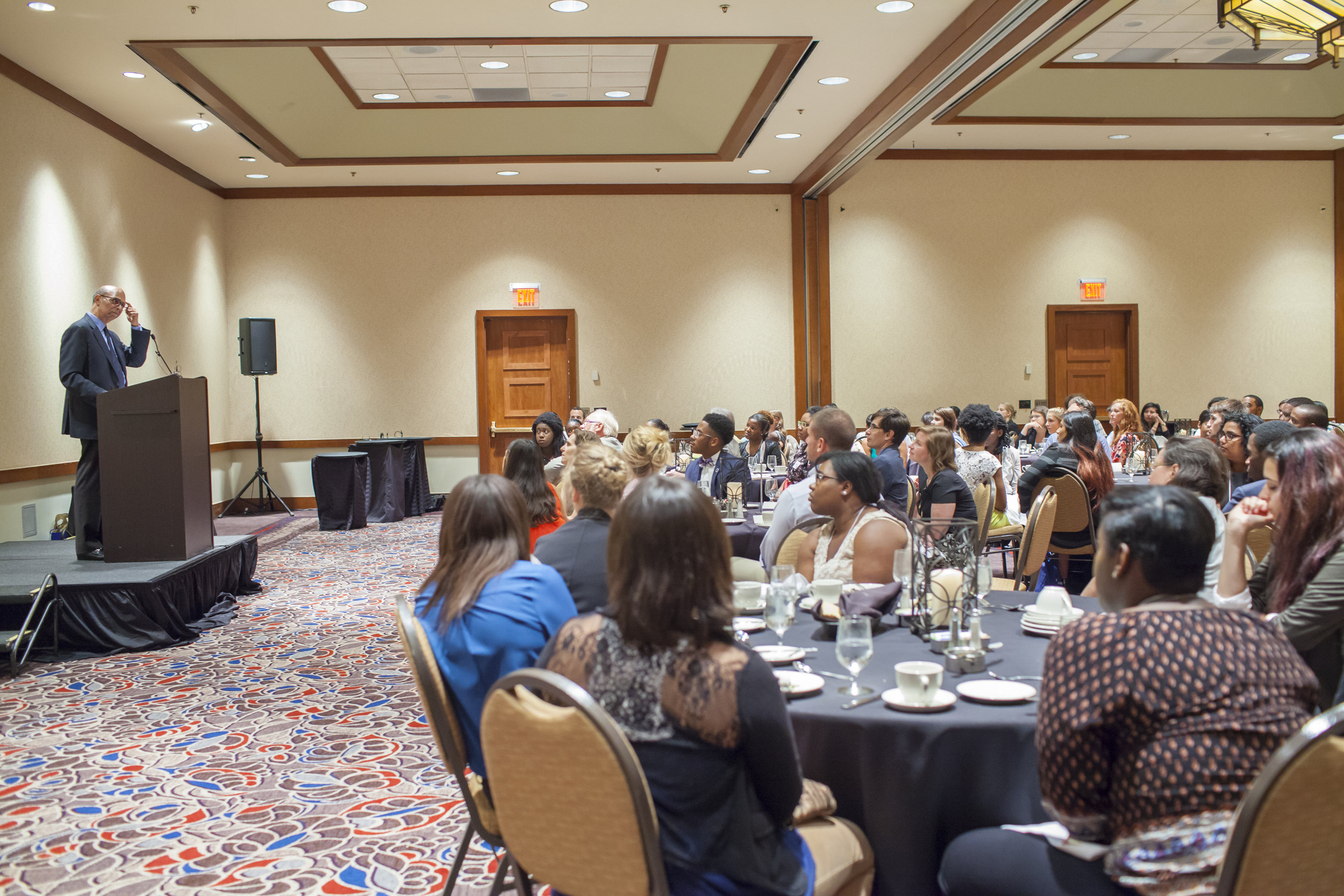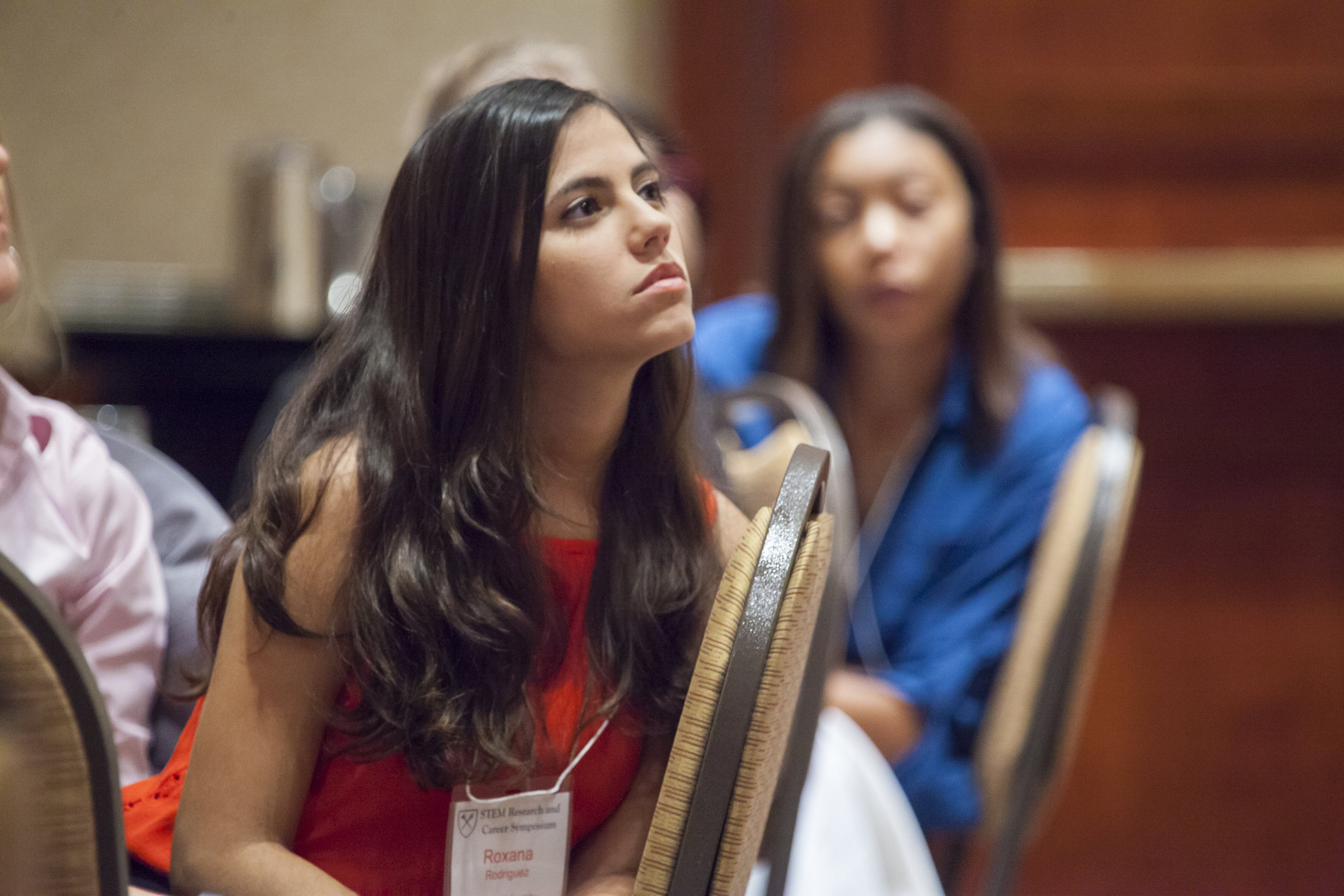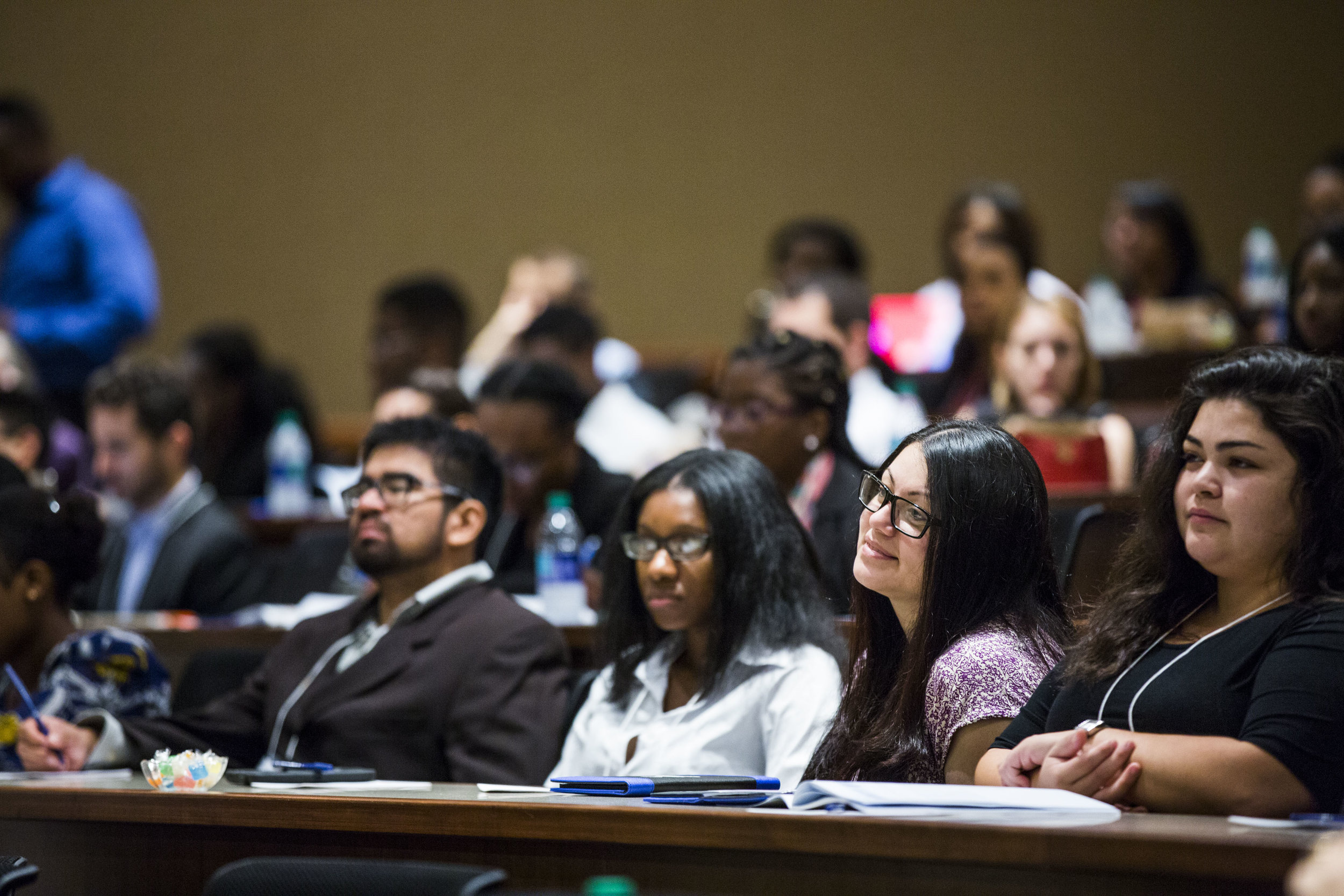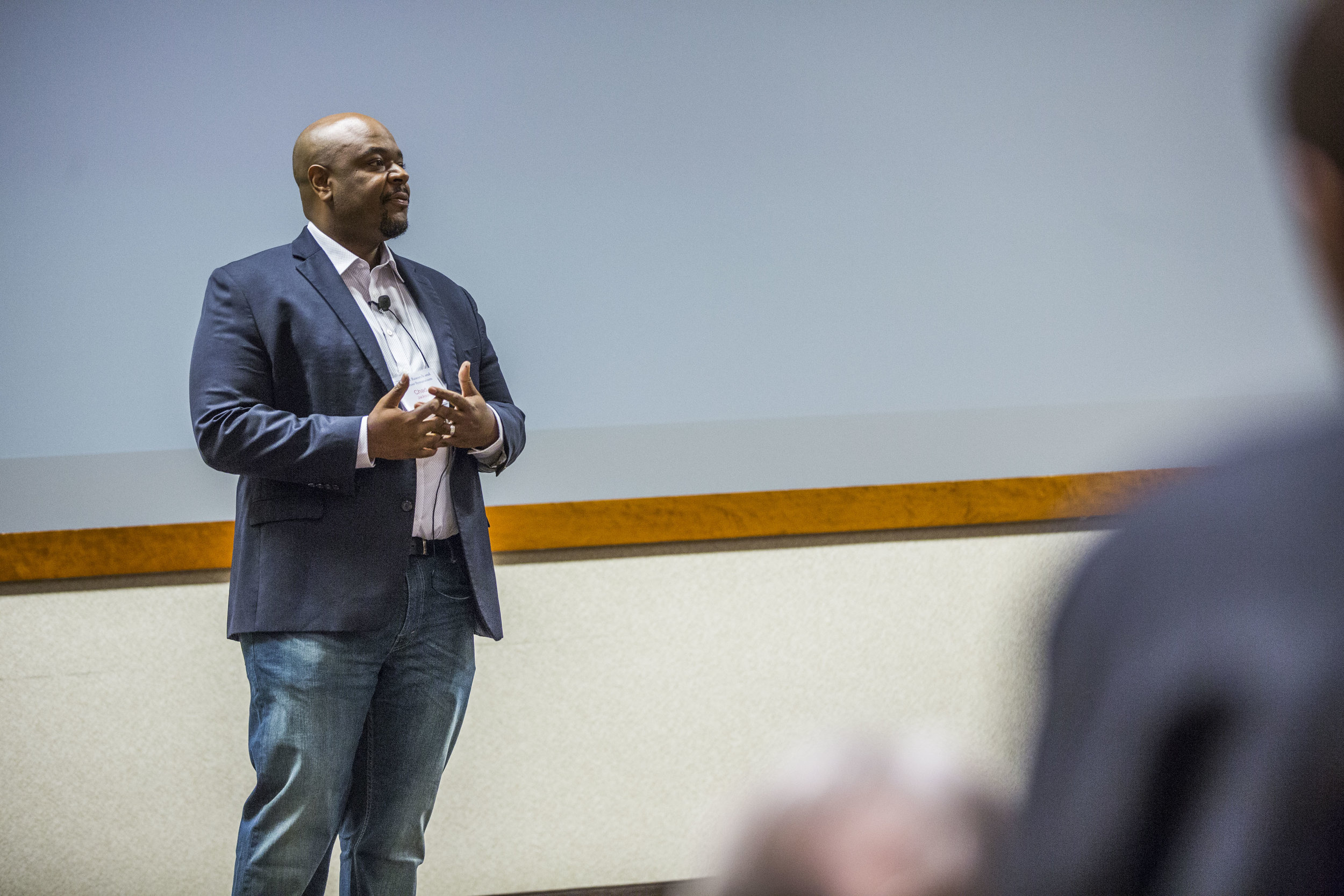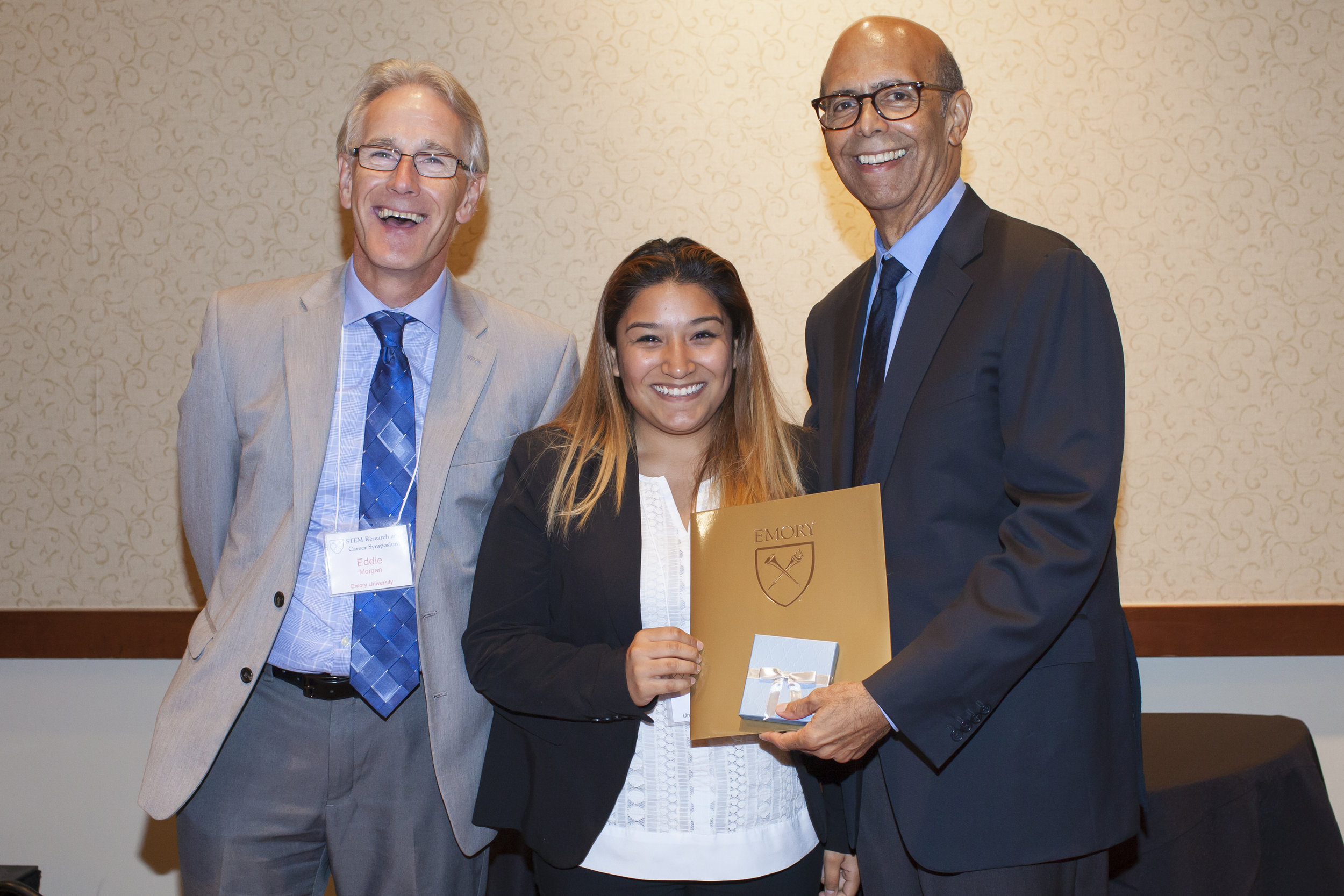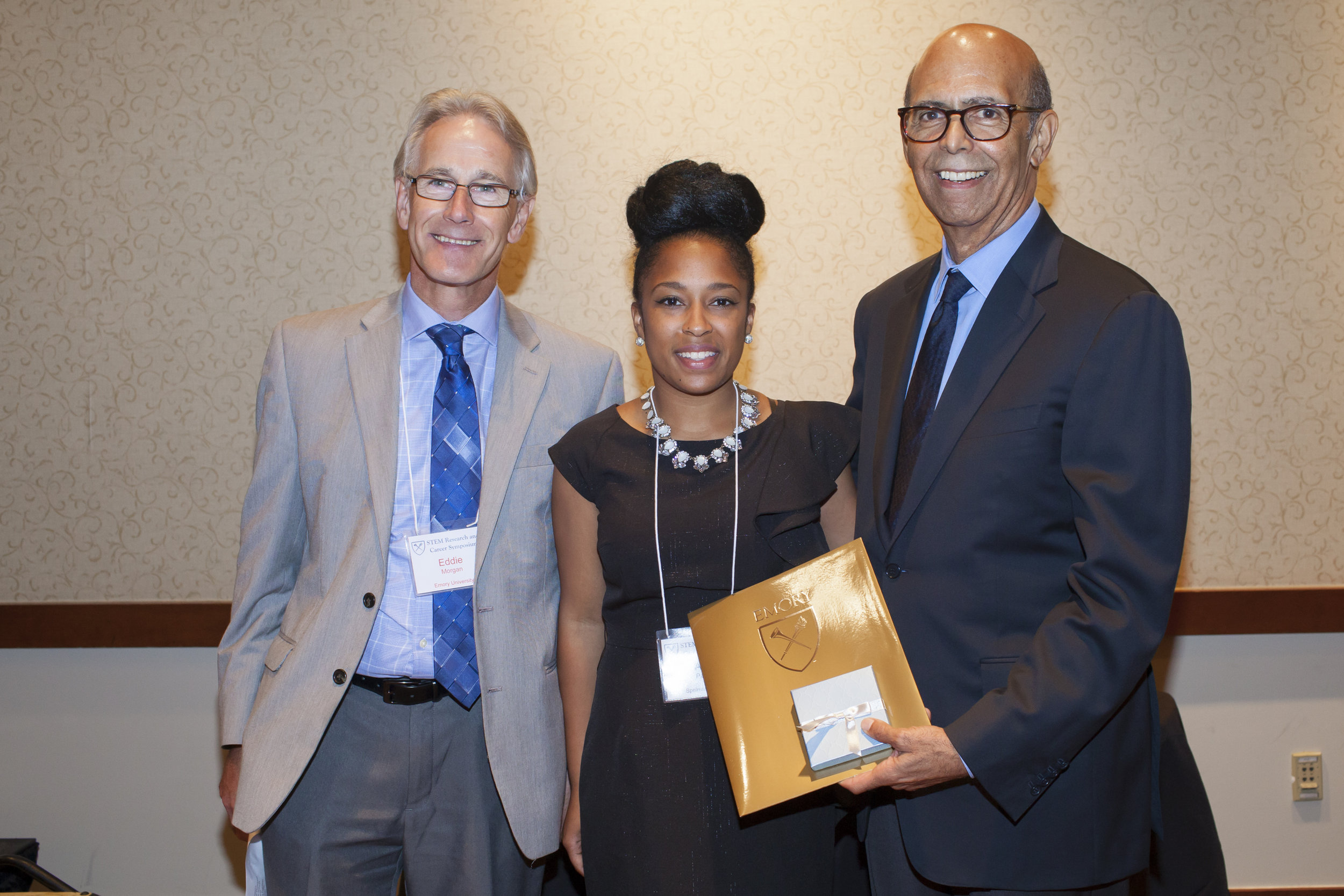Letter from the Director
/Nael McCarty, Ph.D.
The GDBBS has welcomed 58 new PhD students plus nine new MD/PhD students to our PhD programs. We are glad to have these new students with us, and look forward to helping them progress through their first-year courses and selection of their lab homes. At new-student orientation on August 23, we took the opportunity to introduce the new students to our Division staff, and to make them aware of all of the great infrastructure that is in place within the Division and the Laney Graduate School to help ensure their success.
We also took a few minutes to remind them why they are here. The main focus for them is to achieve the following core competencies: gaining skills in critical thinking, gaining skills in problem solving, obtaining technical skills relevant to their area of interest, generating new knowledge, and gaining skills in communication to scientific audiences. Over time, our students also need to focus on professionalization, such as by learning about: time management, project management, team building, leadership, innovation, conflict management, communication to broader audiences, and the business and law of science. Accomplishing both of those goals (obtaining both the core competencies and professionalization skills) will prepare them for a wide variety of career opportunities within and outside of academia.
We suggested that as they move through the graduate school experience, the following concepts will help them achieve long-term success:
• Work hard, from day one, including getting accustomed to the notion that grad school ≠ undergrad.
• Plan ahead, and pay attention to the ticking clock.
• Build up your sense of “resilience” by accomplishing milestones, getting data, making presentations, being “visible,” learning from everyone around you.
• Communicate, communicate, communicate. Reach out when you need help.
• Pay attention to “wellness” in whatever way works for you.
At the GDBBS Awards Banquet on October 22, we celebrated our amazing students, faculty, staff, and alumni, all of whom contribute to making the GDBBS and our eight Programs the amazing places they are to receive state-of-the-art training and career development.
Together with our outstanding faculty, the GDBBS is working hard to help our students accomplish their career goals. Thanks for your continued support!


